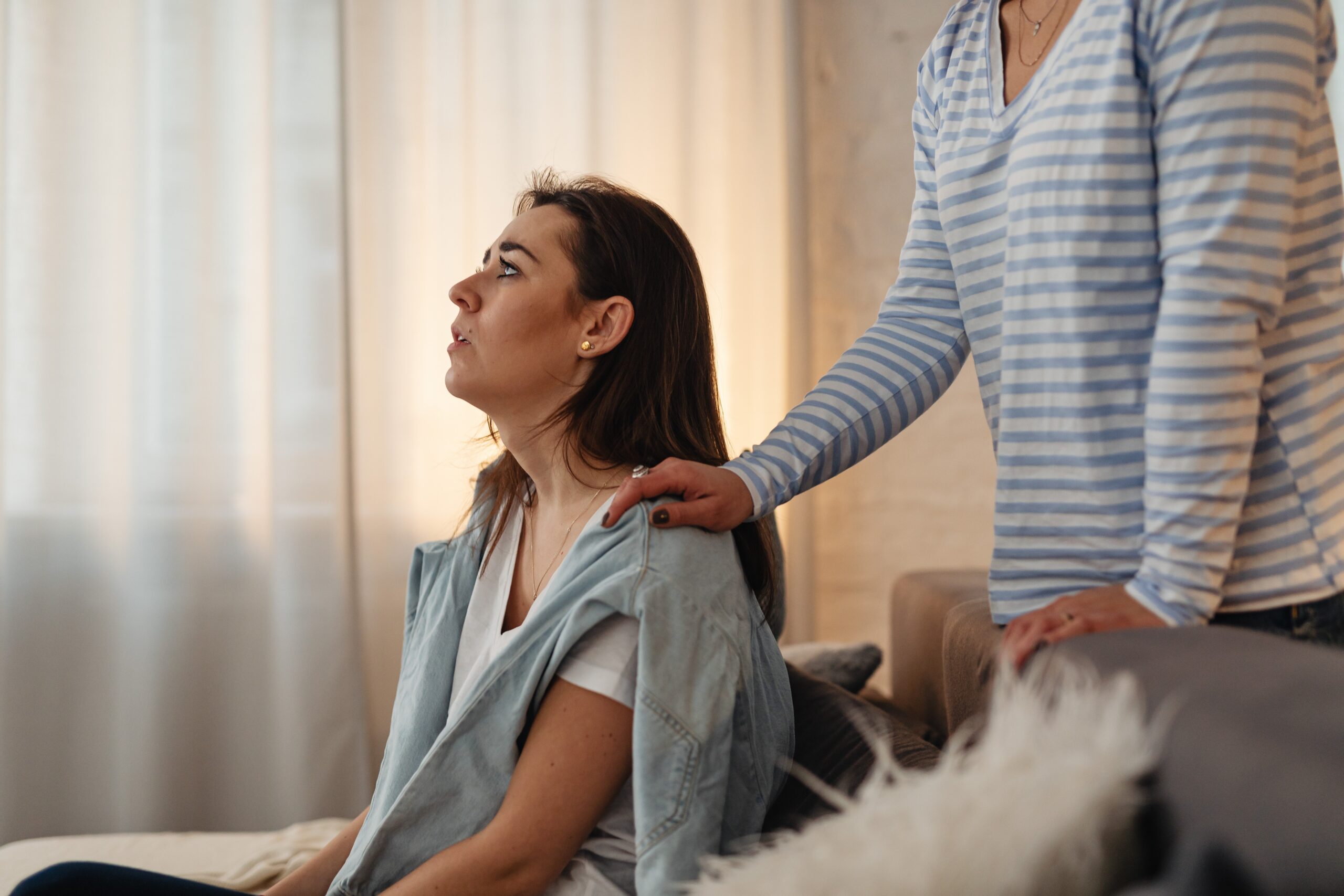Show support free of judgment
A person’s progress in rehabilitation can be hampered by the widespread belief that their loved ones are judging them. That’s why it’s so crucial to express your affection to the people in your life who are in recover. For starters, you may express your admiration for their sobriety.
Realistically, your loved one may lose interest in continuing with therapy and cease adhering to the programme at some point along the lengthy road to recovery. It’s natural to feel disheartened but keep showing your loved one unconditional support even as you wait for them to right their ship.



Encourage healthy habits
A person’s state of physical, mental, and emotional health is crucial to their recovery. Therefore, motivate your loved one to establish a regular exercise programme or self-care routine that includes some form of physical activity. Maybe you could become their gym buddy, learn to prepare healthy meals with them, or even just be there for them to vent to and give them a push in the right direction as they work towards their objectives.






